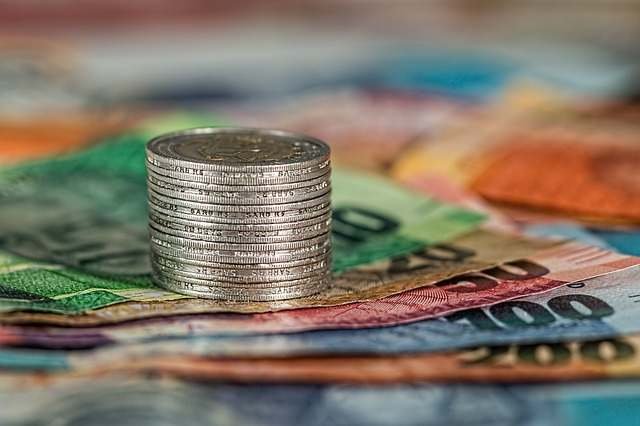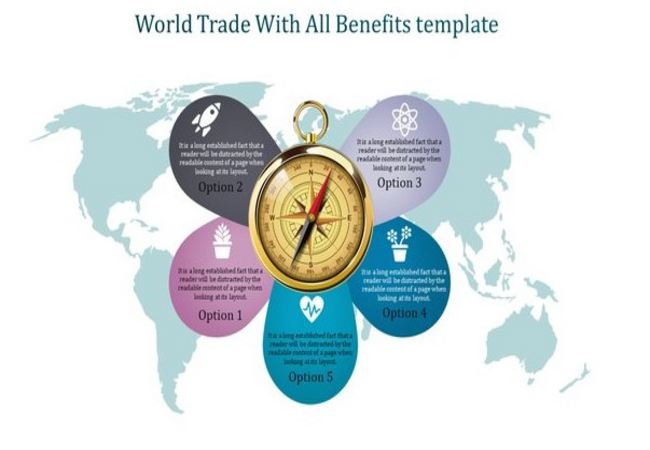In Economics The Term Capital Refers To

In Economics the Term Capital Refers to Final Goods Produced for Use in Further Production. Physical Capital and Natural Resources are two Important Classes.
However, The word capital is part and parcel of industries and develops an economy in the corporate sector. Also, Companies include equity, debt, and work capital systems that cover daily activities. Individuals own capital and capital assets as net worth. The direction and the amount of support for their working Capital from individuals and businesses are of utmost importance since investing in Capital is important for growth and investment return.
Do you know, What it is, Capital?
Capital means financial assets, such as bank account accounts and special funding sources. Also, Capital refers to financial assets. Capital may also be related to a company’s capital assets involving a substantial financial or growth investment. Capital may stay financial and debt or equity funding as financial assets in a bank account.
In addition, Companies have three primary options for corporate finance: operating Capital, equity, and debt capital. In general, corporate Capital is the core of company strategy and the financing of capital-intensive investments. However, In the existing or long-term share of the balance sheet, capital passages are the enterprise’s reserves. Capital assets include equity, cash, and marketable securities, factory, machinery, facilities of manufacturing and storage.
What are the characteristics of Capital?
The important characteristics of in economics the term capital refers to are .
1. Capital is Man-made:
It is human-made. Human efforts will improve or decrease its supply.
2. Capital has high mobility:
Capital has the greatest mobility of all output factors. The land is motionless, and the job market is low, while “capital” means both “place mobility” and “employment mobility.”
3. Capital is elastic:
however, Capital stocks are versatile and can be quickly and rapidly modified to satisfy demand. On the other hand, the land supply is set, and the labour supply cannot be easily supplemented or diminished.
4. Capital is productive:
They can dramatically improve the manufacturing of employees with sufficient resources.
5. It is prospective:
It depreciates as money is used over and over again. For instance, if any computer is use for a long time, it might be inappropriate for future use due to depreciation.
6. It is not a gift of nature:
The accumulation of capital yields an income deemed to be much prospective.
7. Capital is temporary:
In economics the term capital refers to needs from time to time to be replicated and refilled.
8. Capital depreciates:
Capital development entails such prices since this is not a divine gift and does not occur voluntarily. They are winning with hard work and sacrifice.
9. It is the result of savings:
When capital products are not used simultaneously as output in some situations, they become saved.
10. It has high mobility:
Capital stocks are versatile and can be quickly and rapidly modify to satisfy demand. On the other hand, the land supply is set, and the labour supply cannot be easily supplemented or diminished.
11. Capital Passive factor:
It’s a passive output factor. That is because, without labour collaboration, it becomes inefficient.
Why is Capital important?
In the modern productive structure, Capital plays an important role: In economics the term capital refers to as
- It is not feasible to manufacture without resources.
- For modern-day development, specialized tools and sophisticated machinery are important.
- It improves employee morale and, in essence, the whole economy.
- In addition to the increasing population, the importance of technologies and specialization has led factories to arrange more money and allies to fulfil their demands.
- The centre of economic growth is known as capital accumulation.
- The economy might be a private market in the USA or a communist in Soviet Russia, or a mixed economy such as India.
- Regardless of this kind, economic growth, such as capital accumulation, requires vital ingredients.
- Money contributes to job growth. Jobs are working to produce both commodities and commodities.
What are the functions of Capital?
The important functions are as.
1. Promotions for marketing and sale production:
For the selling of the products manufactured, the merchandise manufacturer must arrange. The items made must be taken to the market for this reason. Similarly, Ad and advertising on the goods have to be rendered separately—the capital fund funds both of these programs (capital money).
2. Provision of Raw Material:
A fraction of the Capital is uses for the processing of raw materials. Also, there must be any concern with a proper supply of high quality and adequate quantities of raw materials.
3. Provision for subsistence:
In reality, manufacturing is a long-lasting industry, which has to go through a long way before it enters the market and receives a producer. In economics, the term capital refers to offers food, toilets, and shelters to the employees working in production. However, employees must live when the salaries from the capital money are paid (capital fund). Then the producer is again accumulated as capital money as the money from customers hits the producer.
4. Economic Development:
The Capital’s most significant task is to foster the country’s economic development. Sufficient funds are very critical for the sustainable growth of the region. Owing to the lack of resources, the development achieved by many undeveloped and underdeveloped countries has been delayed.
5. Provision for Appliances:
In addition, Where required, Capital is used to purchase equipment and resources for employees to use. Also, This is crucial to production; without its assistance, it is impossible to achieve large-scale production.
What do you know about Capital in Economics?
Economics capital is tangible, like goods-producing machines and facilities. Also, Some describe Capital as a person or company’s money or financial power. About economic resources, though, the term applies to production factors used to manufacture products, not in the manufacturing process by itself.
The total assets of an undertaking that must remain solvent are economic resources. Capital assets of a business are important when businesses use capital assets to generate wealth. Most business accounts are separate into two categories by several classifications of Capital in economics:
- Physical Capital: This capital type is generate by a workforce and is a profitable element. Buildings or machines are an example of physical Capital.
- Natural Resources: Every natural resource use during development is this type of capital asset. Natural Capital, for example, contains minerals or dirt.
What are the features of Economic Capital?
In economics, the term capital refers to Any attributes decide whether an asset is treated as Capital or not. In conclusion, One attribute is the fact that a business can make products or services from the asset. Where necessary, the commodity is an economic capital asset and a part of the development factors. Financial Capital is also a feature. Also, Companies will liquidate the Capital into exchange money and bring it into financial markets. Financial equity prices are based on the market’s expectations and the will to pay for that money through others and other organizations. Brand capital, educational capital, and human Capital are other types and characteristics of Capital.

